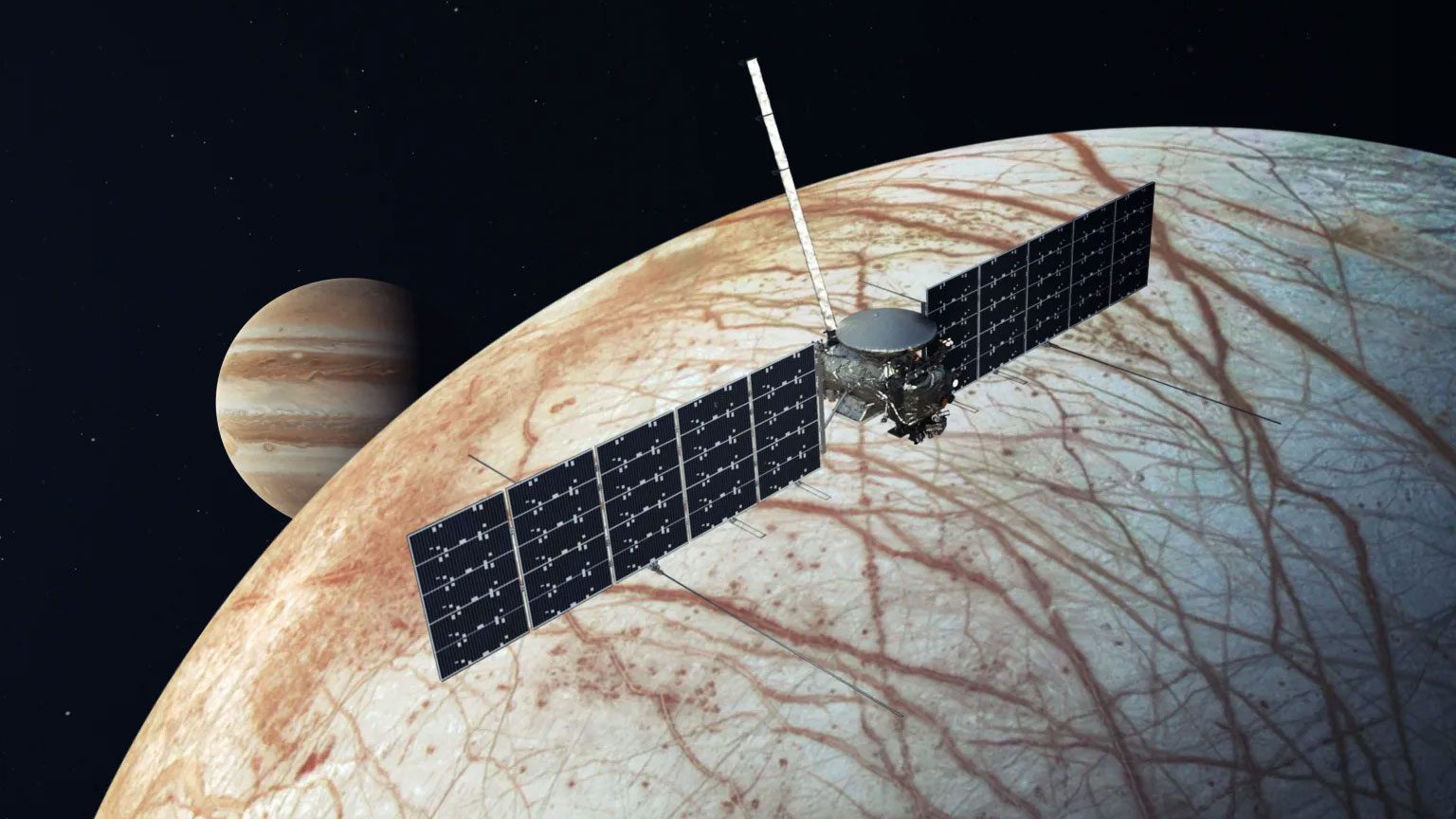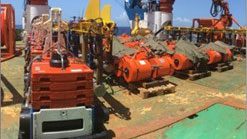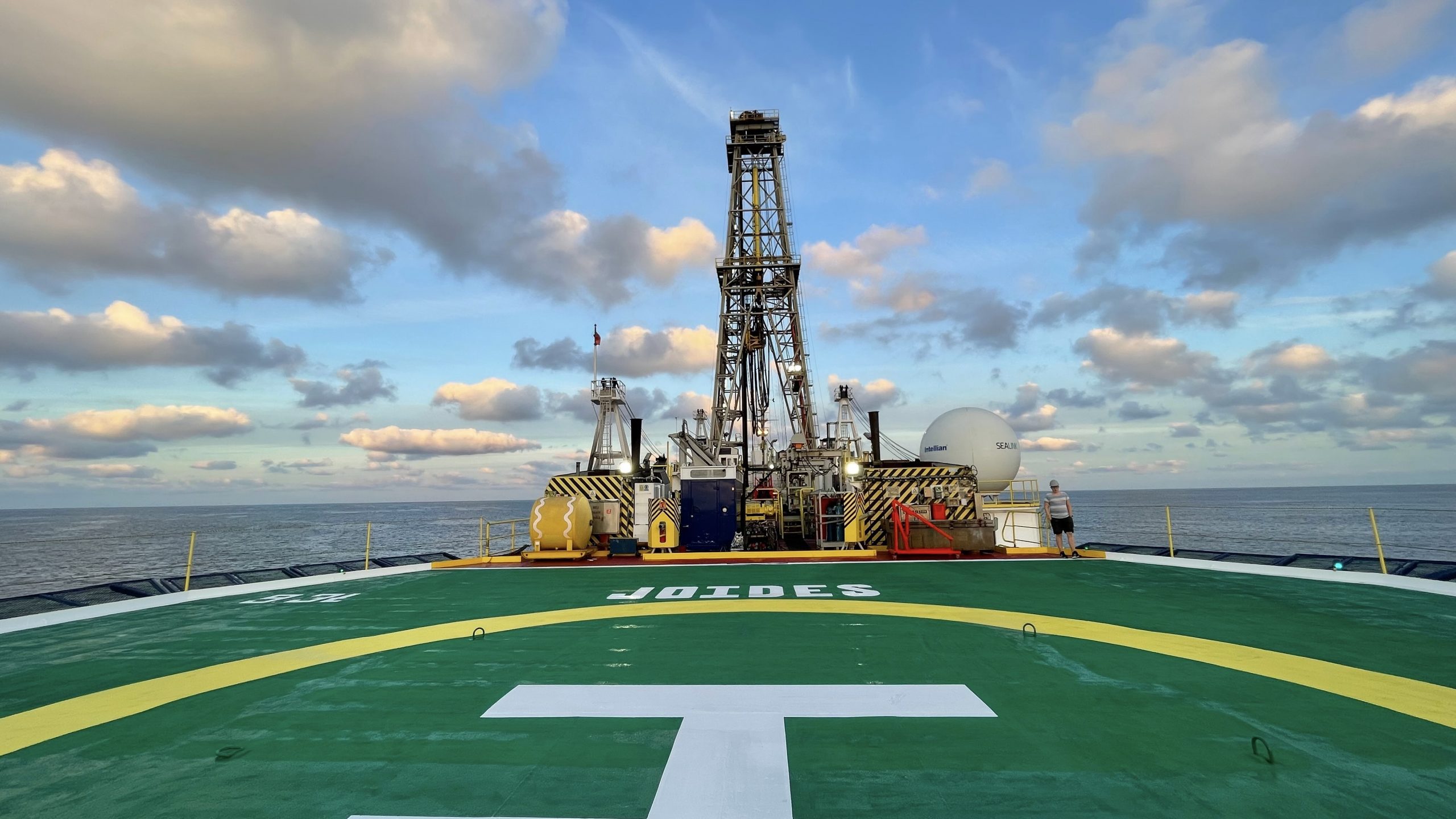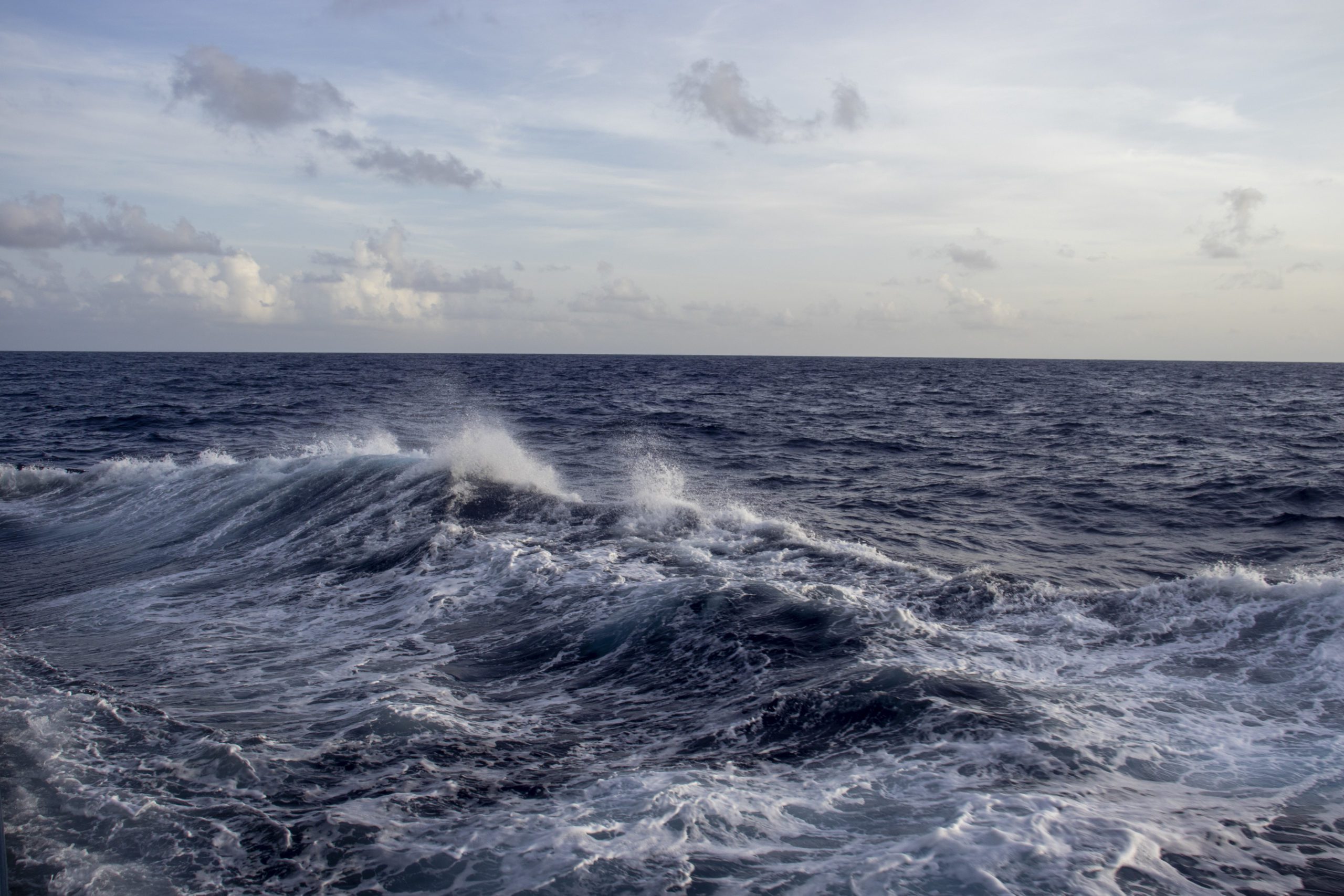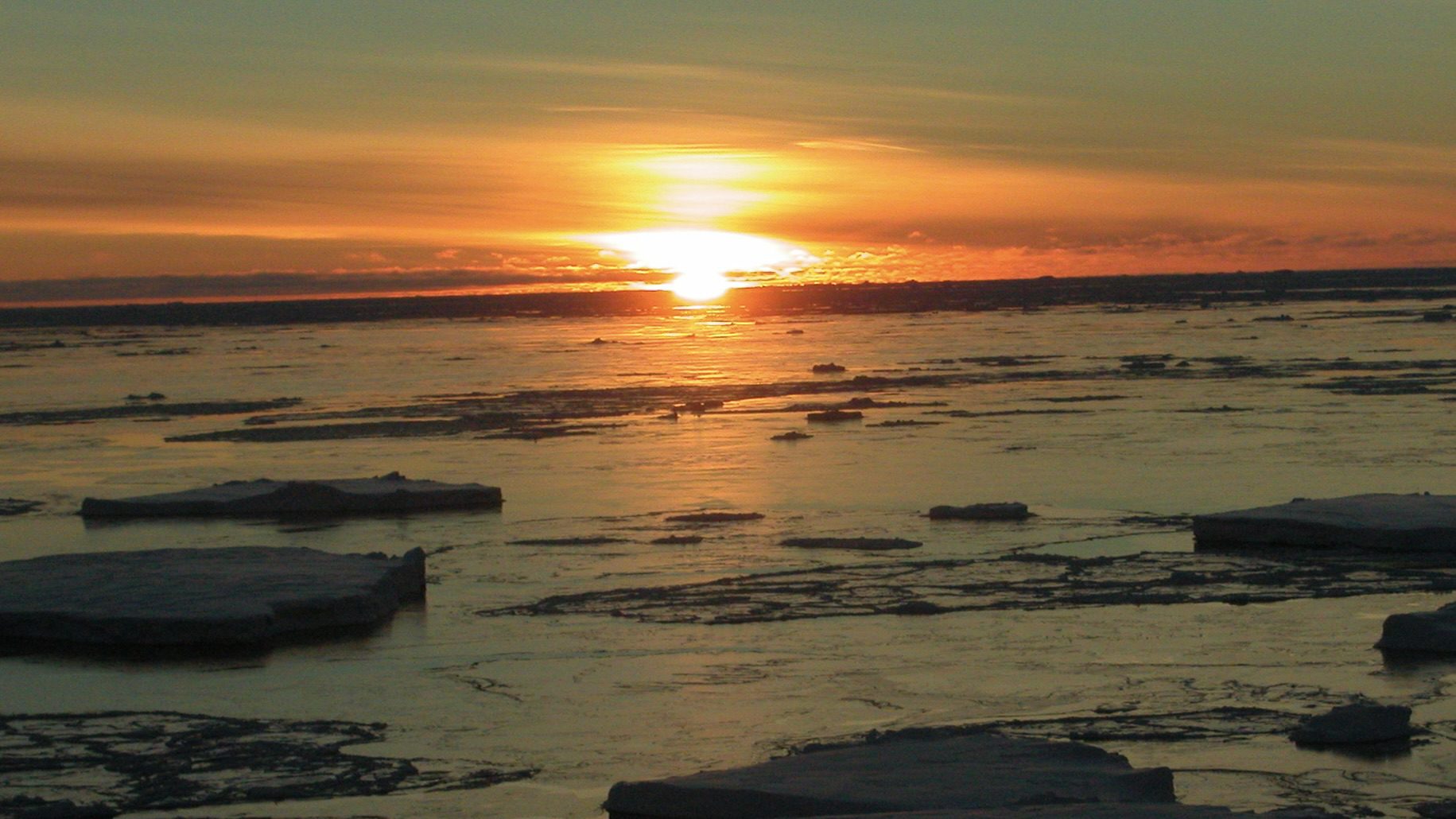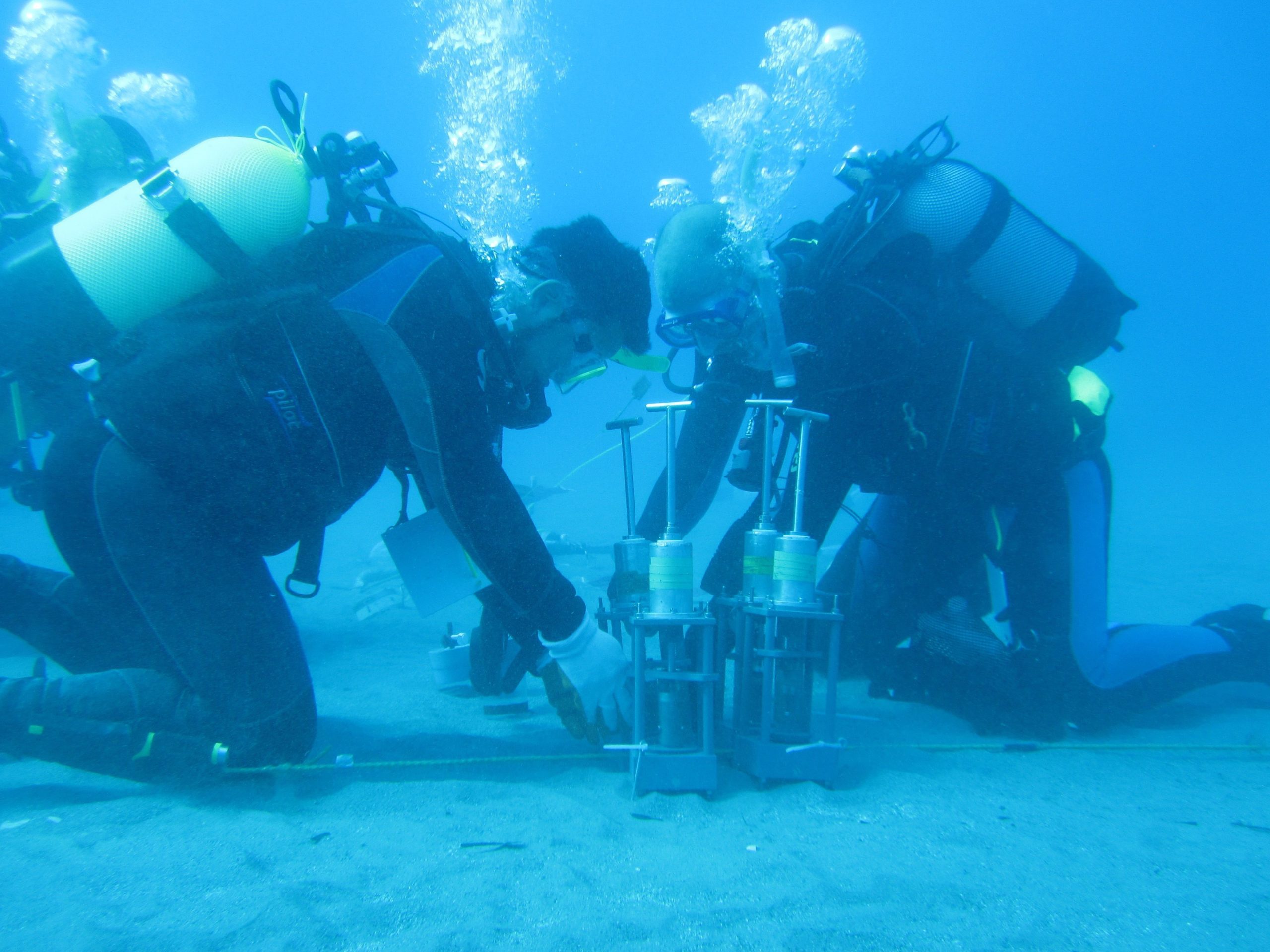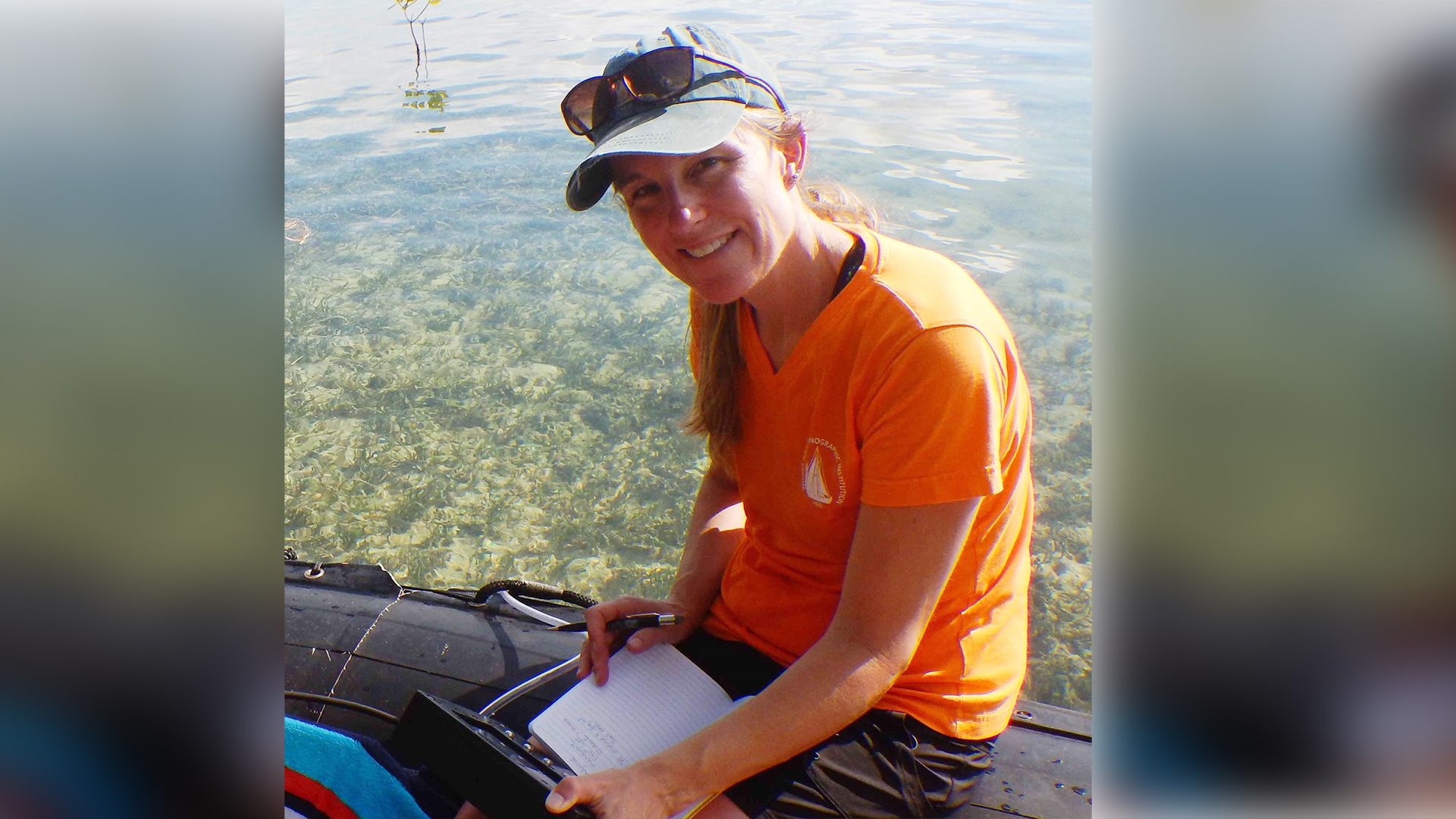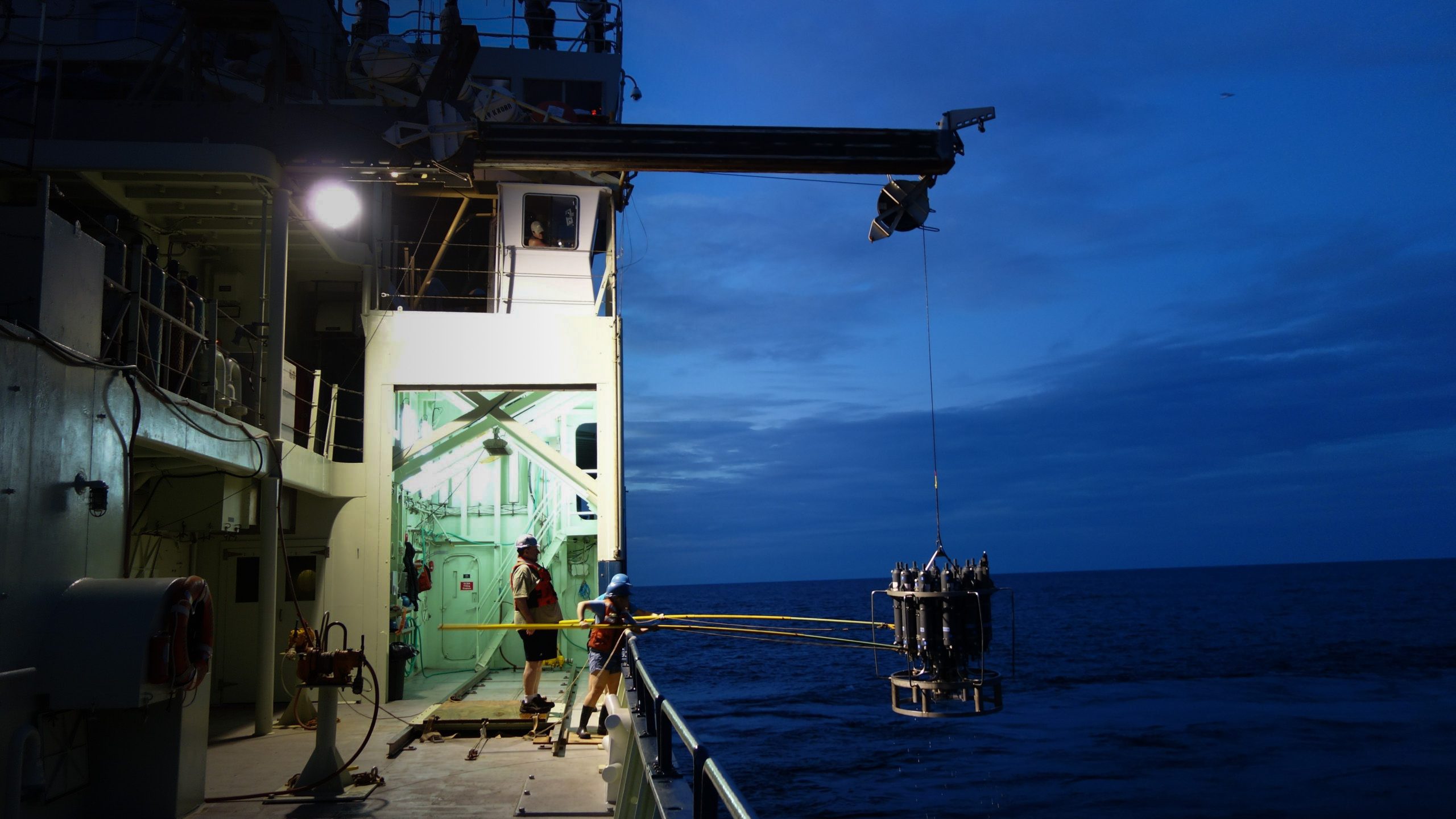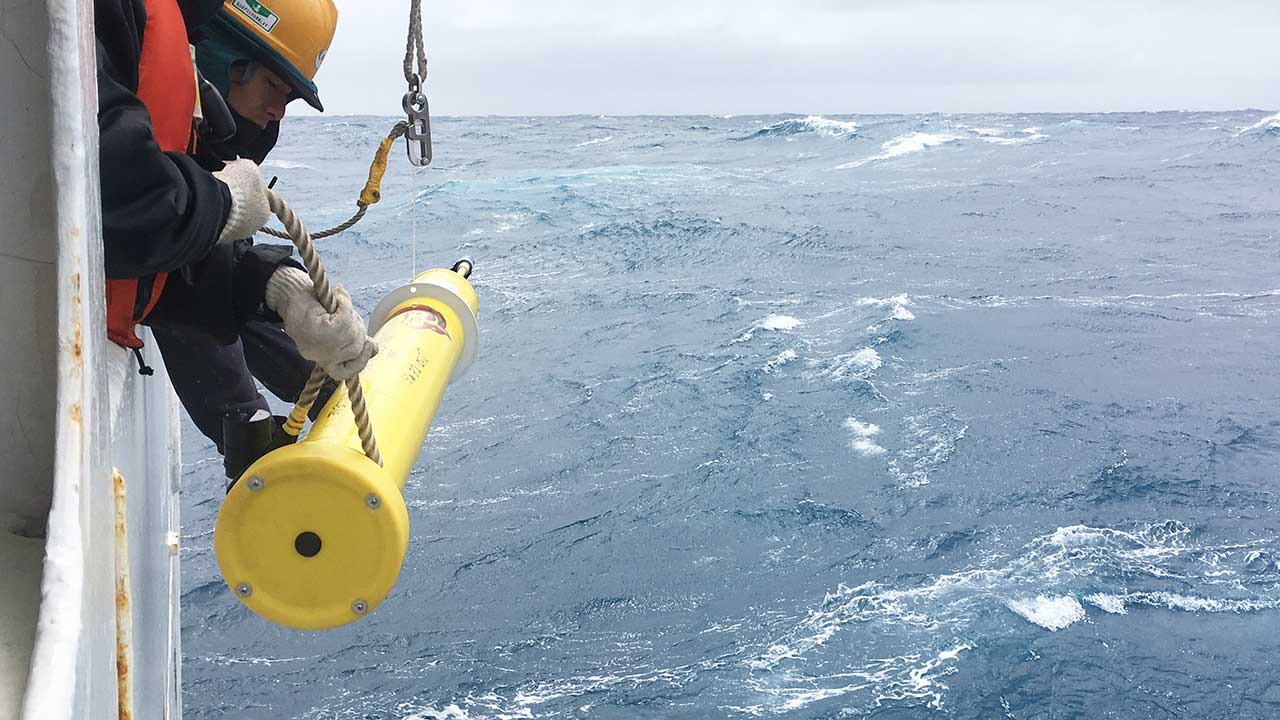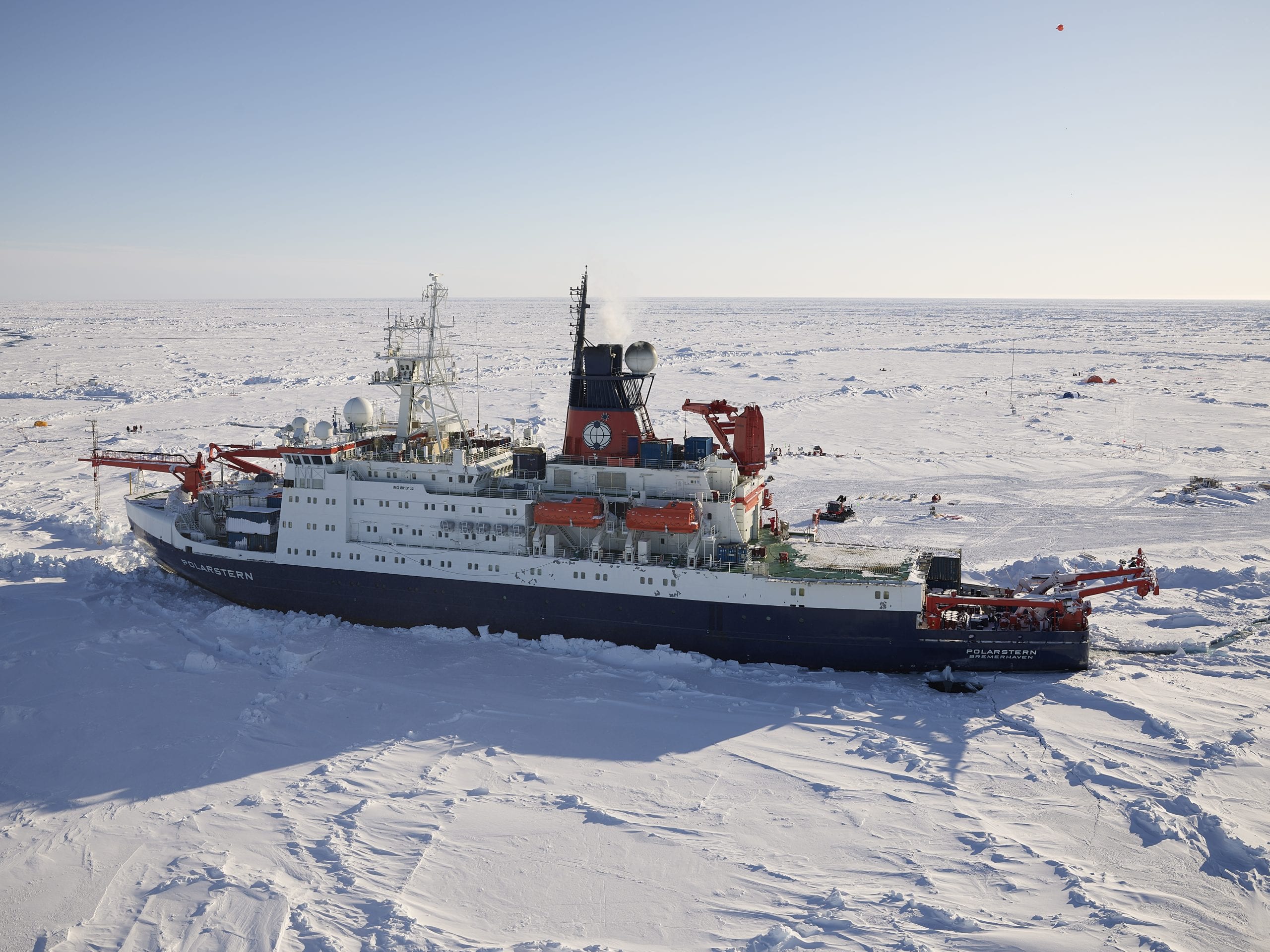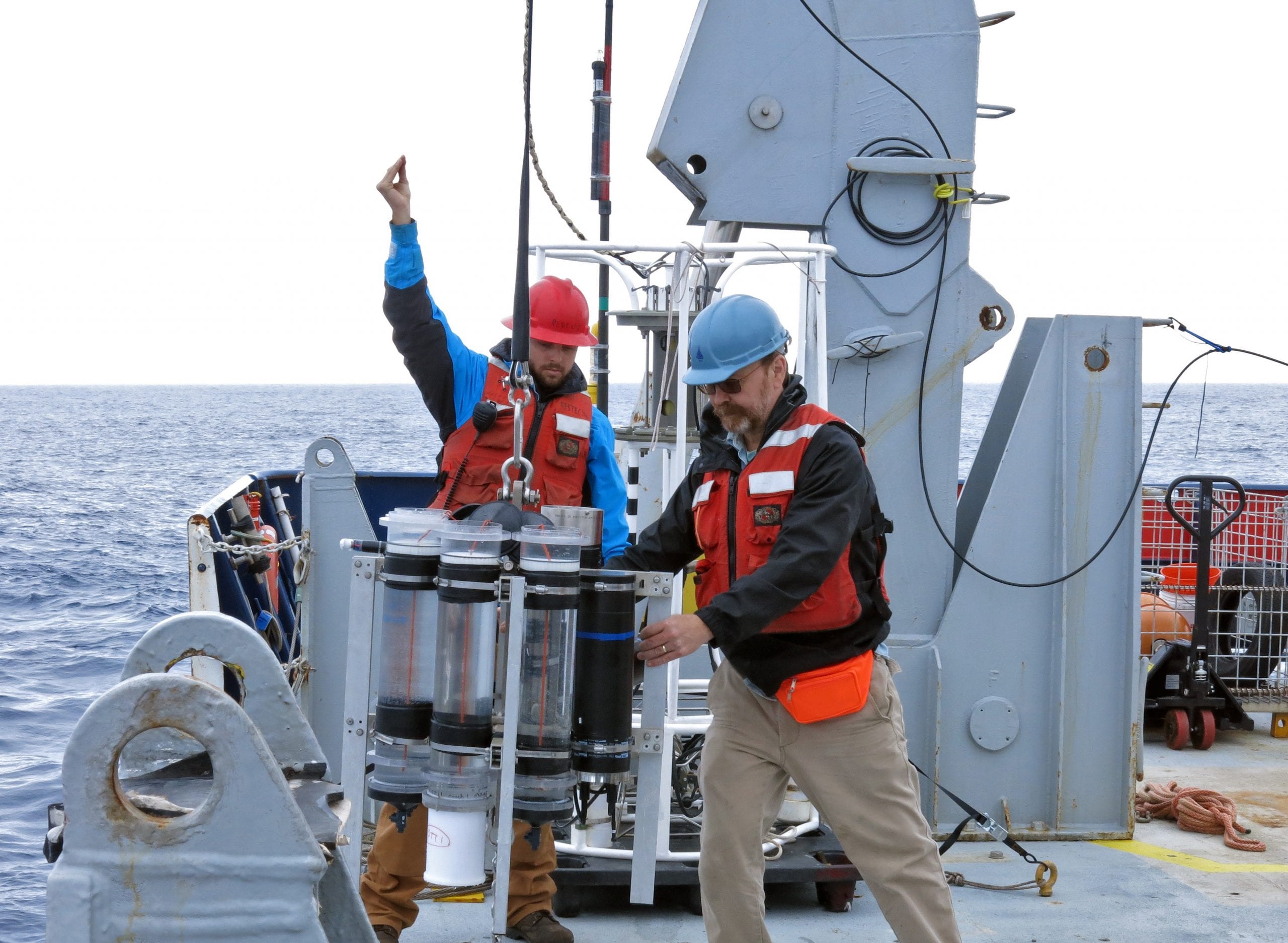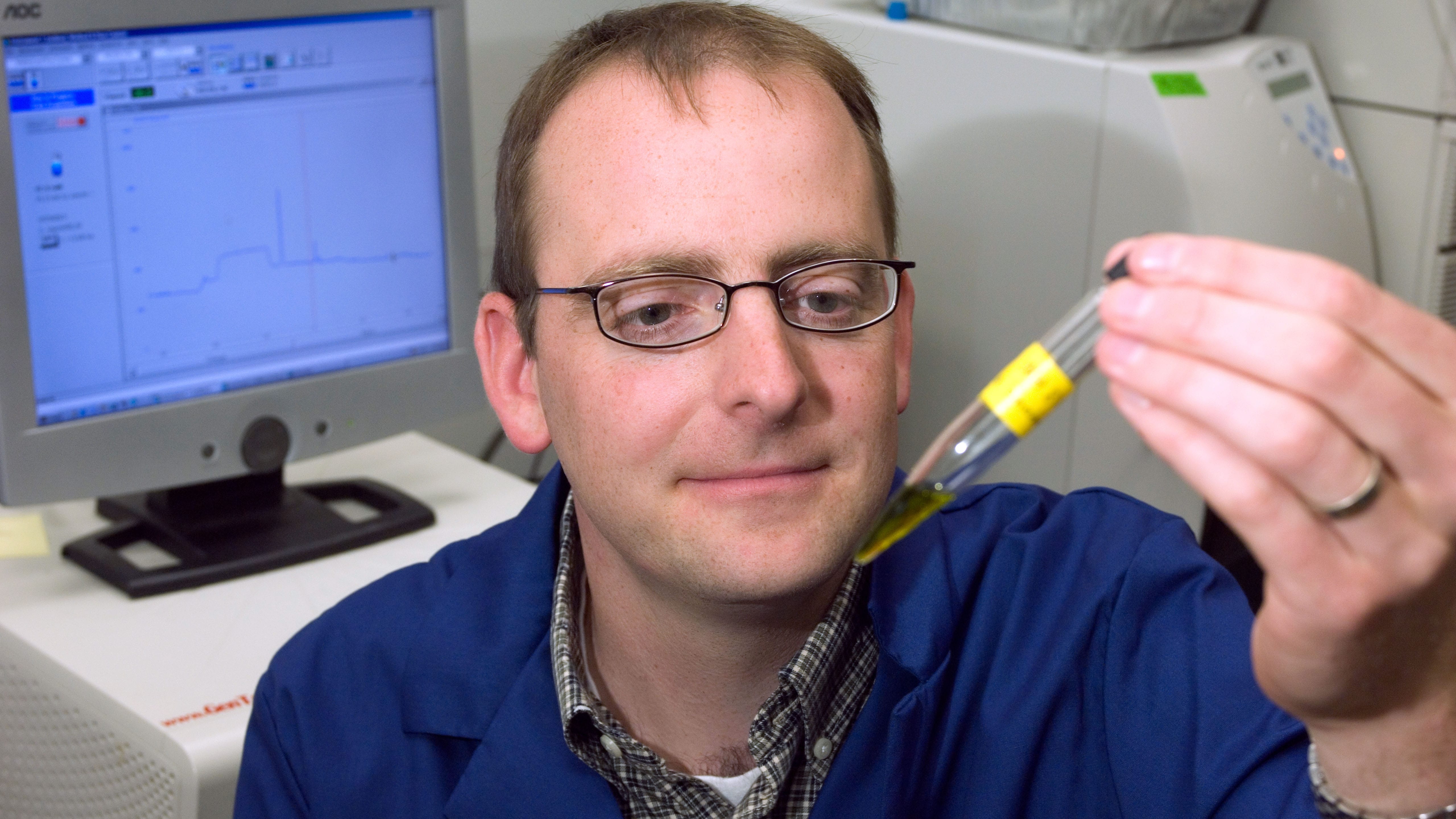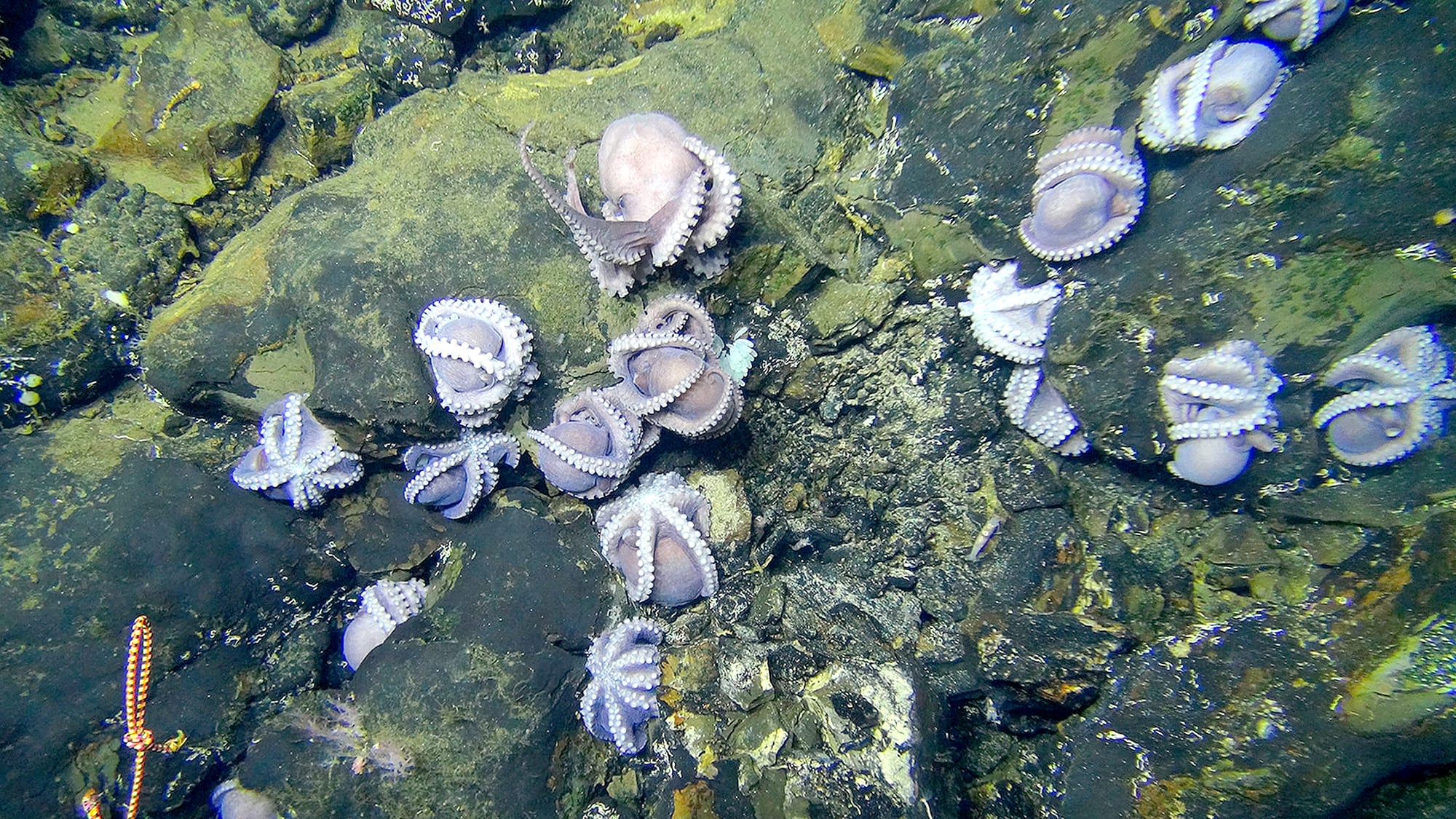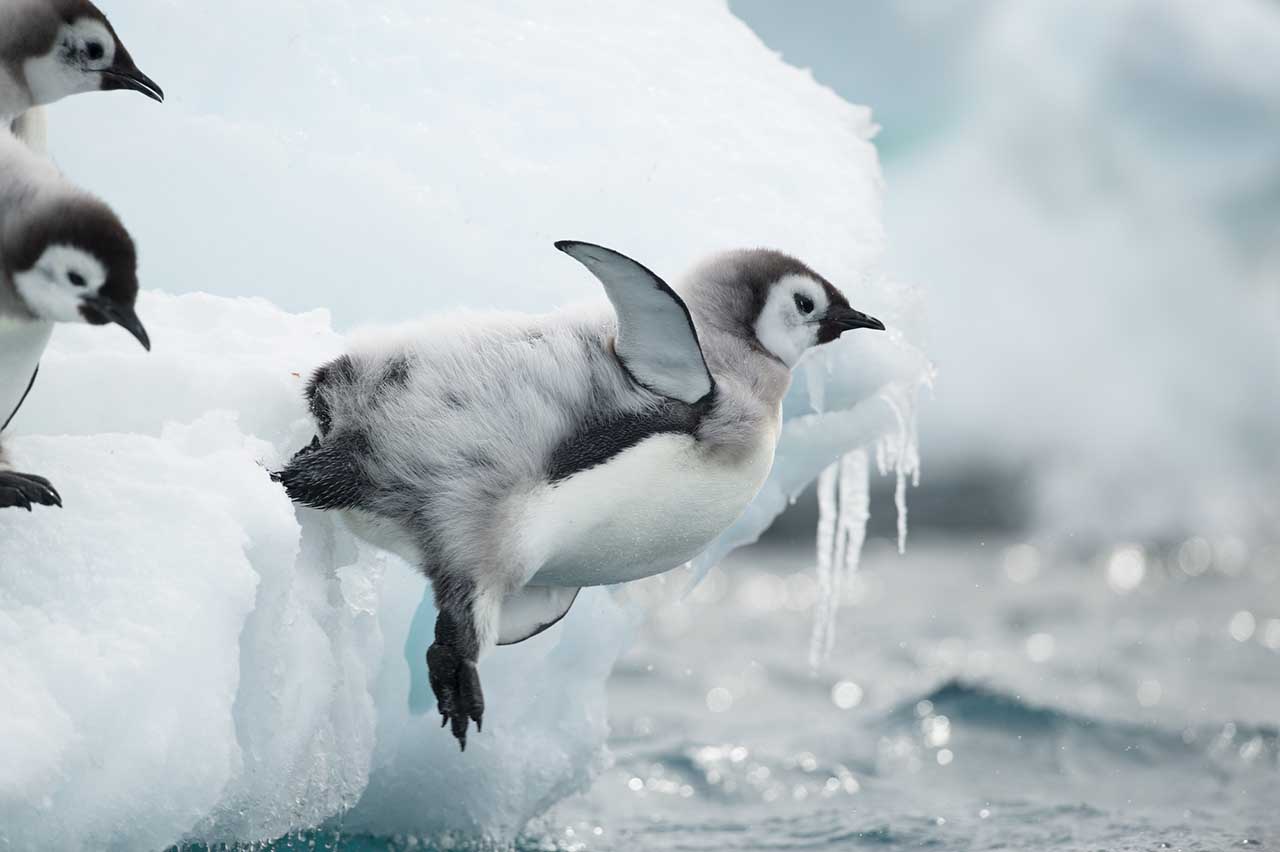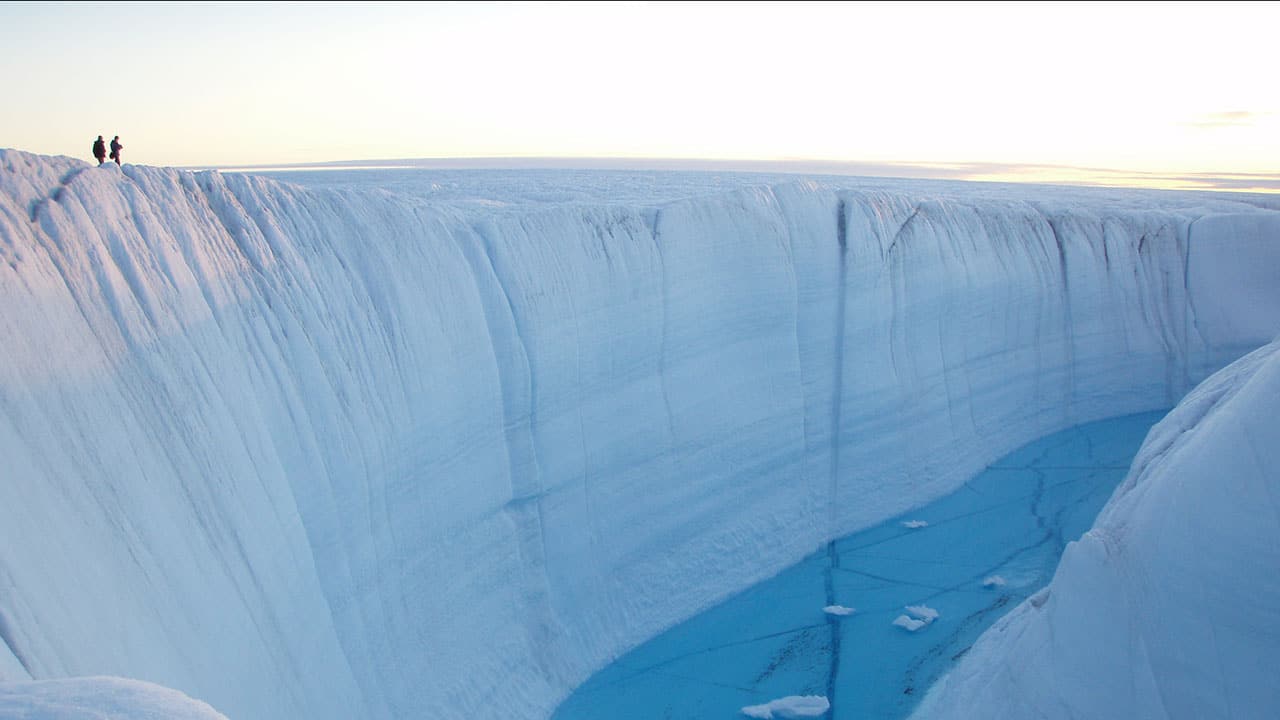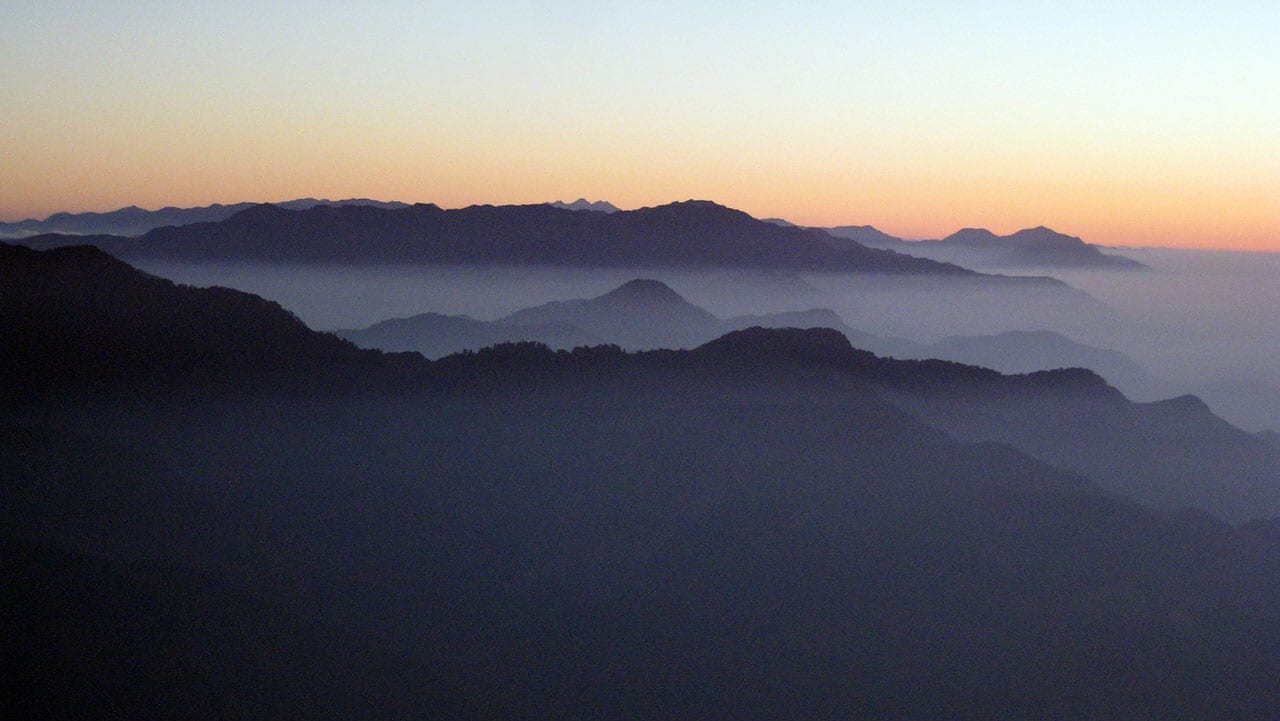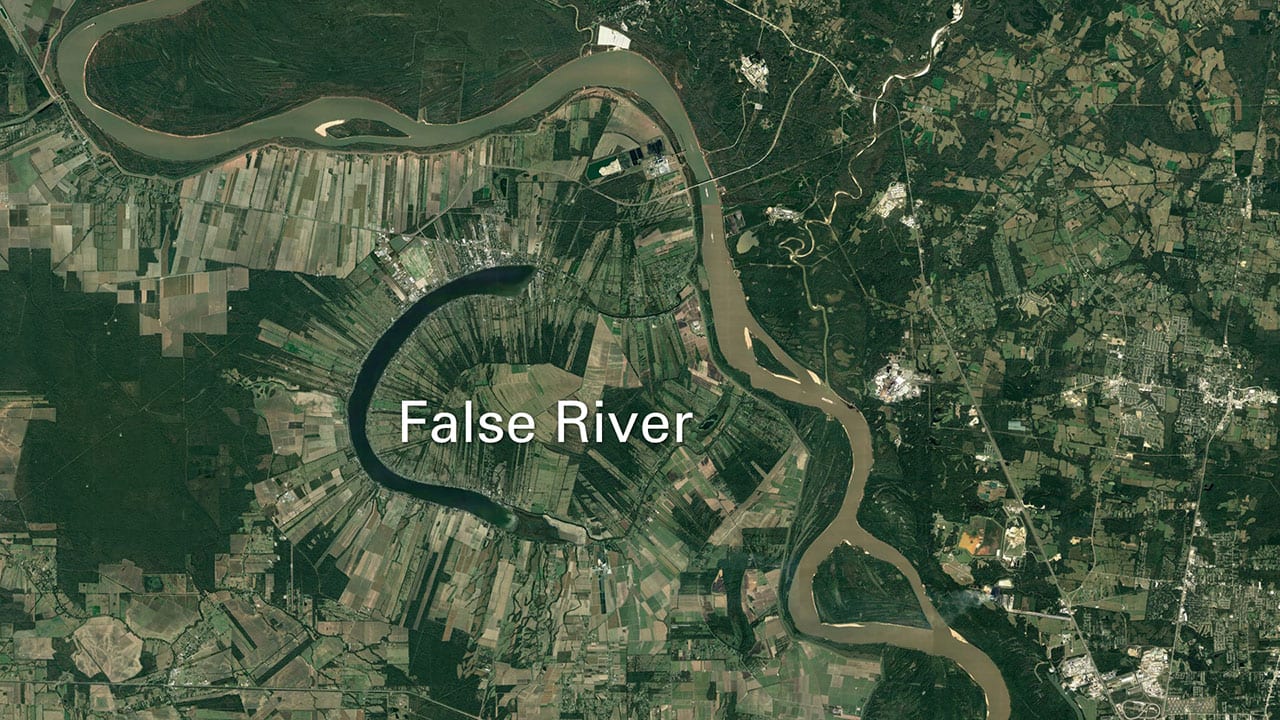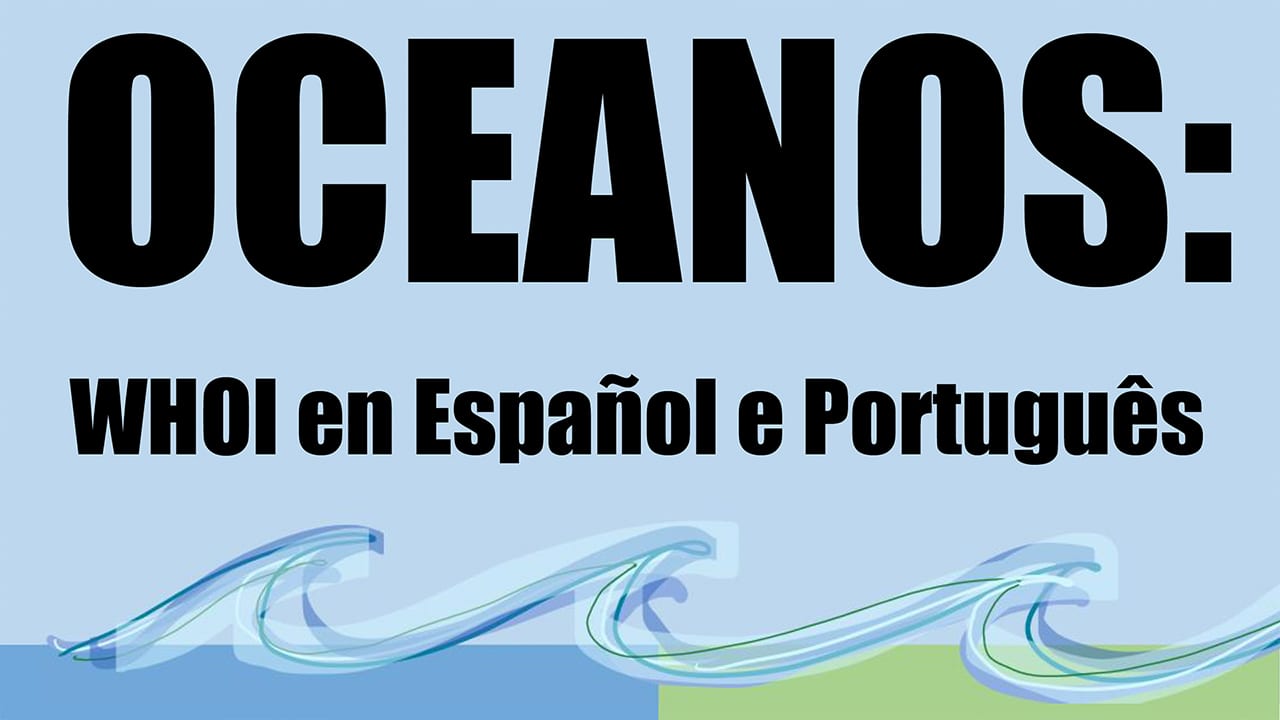News Releases
WHOI selected by NASA to investigate ocean worlds and their organic carbon cycles
The Investigating Ocean Worlds project will seek to improve the analysis of data related to carbon-rich molecules that could be an indicator of biological activity.
Read More“Hot-Bunking” Bacterium Recycles Iron to Boost Ocean Metabolism
In the vast ocean where an essential nutrient?iron?is scarce, a marine bacterium that launches the ocean food web survives by using a remarkable biochemical trick: It recycles iron.
Read MoreChanges in Earth’s Tilt Control When Glacial Cycles End
Scientists have long debated what causes glacial/interglacial cycles, which have occurred most recently at intervals of about 100,000 years. A new study reported in the March 24 issue of Nature…
Read MoreWoods Hole Oceanographic Institution’s Julie Huber awarded prestigious Rachel Carson Lecture by the American Geophysical Union
WHOI’s Julie Huber Awarded Prestigious Rachel Carson Lecture by the AGU
Read MoreSink or swim: The fate of sinking tectonic plates depends on their ancient tectonic histories
New findings provide a greater understanding of how tectonic plates move
Read MoreDeep ocean clues to a million-year-old Ice Age puzzle revealed in new study
A new WHOI-led study challenges theories regarding the origins of a significant transition through the Earth’s ice ages.
Read MoreMantle rock recovery may reveal secrets of Earth’s history
Scientists unravel the role of our planet’s mantle in volcanism and global cycles
Read MoreSea Surface Temperature Research Provides Clear Evidence of Human-Caused Climate Change
New oceanic research provides clear evidence of a human “fingerprint” on climate change and shows that specific signals from human activities have altered the seasonal cycle amplitude of sea surface temperatures.
Read MoreStudy says ice age could help predict oceans’ response to global warming
Woods Hole, MA – A team of scientists led by a Tulane University oceanographer and the Woods Hole Oceanographic Institution (WHOI) has found that deposits deep under the ocean floor…
Read MoreWoods Hole Oceanographic Institution’s Heather Benway Receives AGU Honor
Heather Benway, a senior research specialist at the Woods Hole Oceanographic Institution (WHOI) is the recipient of the 2023 Ocean Science Award from the American Geological Union (AGU).
Read MoreAtmospheric Research Provides Clear Evidence of Human-Caused Climate Change Signal Associated with CO2 Increases
Claims that Climate Change Is Natural are Inconsistent with Atmospheric Temperature Trends
Read MoreFluid Flow Stimulates Chemosynthesis in a Greek Salad of Hydrothermal Microbes
A new study uses an innovative approach to examine the bay’s shallow-water hydrothermal system and the production of microbes there in situ and near natural conditions as a model to assess the importance of hydrothermal fluid circulation on chemosynthesis.
Read MoreWHOI scientist elected as Fellow of the American Academy of Microbiology
Woods Hole Oceanographic Institution scientist elected as Fellow of the American Academy of Microbiology Colleen Hansel, associate scientist at WHOI, has been elected as a Fellow of the American Academy…
Read MoreWHOI selected for new NSF science & technology center
The new Center for Chemical Currencies of a Microbial Planet (C-CoMP) will focus on the chemical processes that underpin ocean ecosystems.
Read MoreNew multi-institutional grant will support a fleet of robotic floats
The National Science Foundation approved a $53 million grant to build a global network of chemical and biological sensors that will monitor ocean health.
Read MoreEpic Arctic Mission Ends
An epic mission ended as the German icebreaker Polarstern returned home Oct. 12, 2020, after being frozen near the top of the world for nearly a year to study all aspects of the Arctic system.
Read MoreThe $500 billion question: what’s the value of studying the ocean’s biological carbon pump?
A new study puts an economic value on the benefit of research to improve knowledge of the biological carbon pump and reduce the uncertainty of ocean carbon sequestration estimates.
Read MoreWHOI receives $2.7M from Simons Foundation to study nutrients, microbes that fuel ocean food web
The Simons Foundation has awarded Woods Hole Oceanographic Institution (WHOI) scientists Dan Repeta and Benjamin Van Mooy two grants totaling $2.7 million to study key processes that help fuel the…
Read MoreStudy weighs deep-sea mining’s impact on microbes
The essential roles that microbes play in deep-sea ecosystems are at risk from the potential environmental impacts of mining, according to a new paper. The study reviews what is known about microbes in these environments and assesses how mining could impact their important environmental roles.
Read MoreEmperor Penguins’ First Journey to Sea
The paper, published Jan. 17, 2019, in the journal Marine Ecology Progress Series, also highlights the unique connection between juvenile diving behaviors and a layer of the ocean, known as the thermocline, where warmer surface waters meet cooler deep waters below and where their prey likely gather in groups.
Read MoreStudy Links Natural Climate Oscillations in North Atlantic to Greenland Ice Sheet Melt
Scientists have known for years that warming global climate is melting the Greenland Ice Sheet, the second largest ice sheet in the world. A new study from the Woods Hole Oceanographic Institution (WHOI), however, shows that the rate of melting might be temporarily increased or decreased by two existing climate patterns: the North Atlantic Oscillation (NAO), and the Atlantic Multidecadal Oscillation (AMO).
Read MoreMountain Erosion May Add Carbon Dioxide to Atmosphere
Scientists have long known that steep mountain ranges can draw carbon dioxide (CO2) out of the atmosphere as erosion exposes new rock, it also starts a chemical reaction between minerals on hill slopes and CO2 in the air, weathering the rock and using CO2 to produce carbonate minerals like calcite.
Read MoreHuman-Engineered Changes on Mississippi River Increased Extreme Floods
Over the last century, many of the world’s major rivers have been modified for the purposes of flood control, power generation, and commercial navigation. A new study out of Woods Hole Oceanographic Institution suggests that engineering modifications to the Mississippi River interact with the have increased the risk of extreme floods to unprecedented levels.
Read MoreWHOI Hosts Bilingual Science Symposium
The organizers of a new event at Woods Hole Oceanographic Institution (WHOI) want to make ocean science more accessible to people who are not native English speakers by reaching out to two of the largest non-English-speaking communities on Cape Cod: those that speak Spanish or Portuguese. The symposium will feature short presentations in either language about marine research by students and scientists from WHOI and other science institutions in Woods Hole, Mass. The event is free and open to the public, and pre-registration is recommended.
Read More
